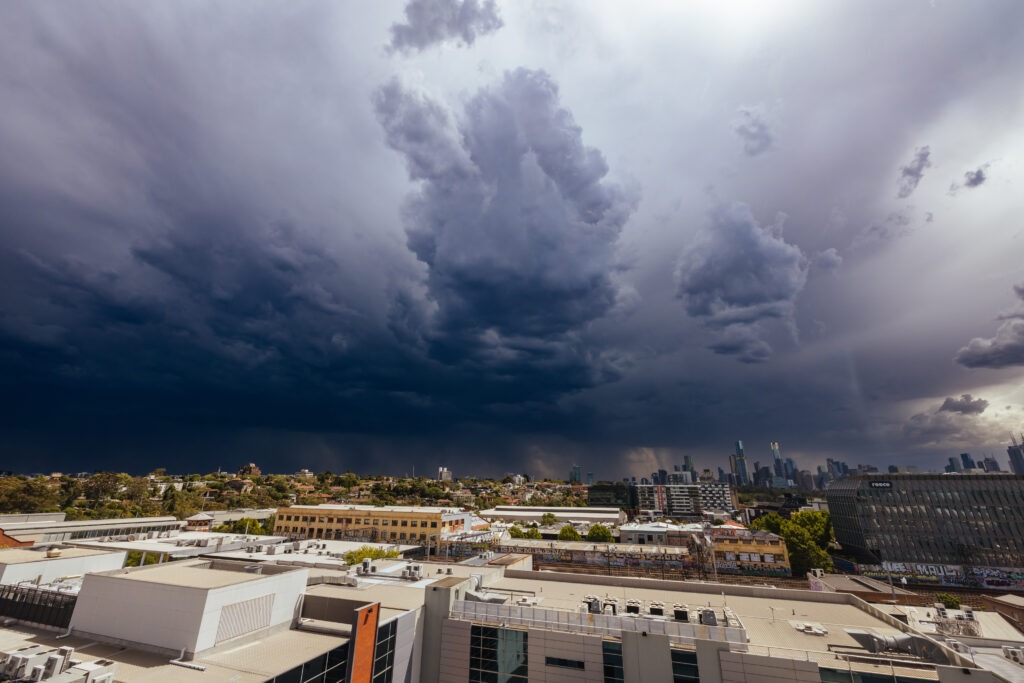Commercial roofing is the installation of roofing on large commercial roofs for businesses, warehouses, and more. Most people think of their home when they hear about roofing services. However, commercial roofing is a crucial specialization that protects businesses from damage.
The Process
Commercial roofers use techniques that allow them to work diligently on large roofing systems. Companies should utilize an effortless process that makes commercial roofing easy for everyone.
- Assessment
After their roofing assessment, business owners should receive a detailed report of the damages found and the pricing for each repair. Schedule an inspection with a professional to better understand your business’s needs.
- Education
Ethical roofers educate their customers after their inspection so that business owners can make informed decisions. After your assessment, roofing contractors should answer questions as thoroughly as possible. This process ensures that you know what to expect before starting a roofing project. Most roofing contractors inform their customers about materials, project expectations, insurance coverage, and pricing.
- Roof Installation or Repair
Depending on the severity of the damage, your roof may need a complete replacement or minor repairs. Experienced roofers coordinate with your schedule to ensure minimal disruption during business hours. Then, they provide thorough cleaning so that operations can return to normal.
- Maintenance
After repair or replacement services, it’s vital to follow up with maintenance to ensure your roof’s longevity. We recommend that business owners schedule an inspection once per season or after severe weather.
Roofing Regulations
Roof regulations vary by state. Vertical Solutions Roofing and Construction provides roofing services in 4 states, including Texas, Kansas, Oklahoma, and Nebraska. Learn more about each state’s roof regulations.
Texas
- License: A General Contractor license is typically required for commercial roofing projects.
- Insurance: Proof of general liability, workers’ compensation, and property damage insurance are often mandatory.
- Additional Requirements: Roofers may include specific certifications or qualifications for certain types of roofing materials or projects.
Nebraska
- License: A General Contractor license is typically required for commercial roofing projects.
- Insurance: Proof of general liability, workers’ compensation, and property damage insurance are often mandatory.
- Additional Requirements: Roofers may include specific certifications or qualifications for certain types of roofing materials or projects.
Oklahoma
- License: While a state-issued roofing contractor license is not required, many municipalities or counties may have licensing requirements.
- Insurance: Proof of general liability, workers’ compensation, and property damage insurance are often mandatory.
- Additional Requirements: Roofers may include specific certifications or qualifications for certain types of roofing materials or projects.
Kansas
- License: A roofing contractor registration certificate issued by the Kansas Attorney General is required.
- Insurance: Proof of general liability and workers’ compensation insurance is often mandatory.
- Additional Requirements: Roofers include specific certifications or qualifications for certain types of roofing materials or projects.
How Much Does Commercial Roofing Cost?
Commercial roofing costs depend on the damage to your roof, materials, and size. Schedule a free roofing inspection for a comprehensive assessment and quote from a professional.


